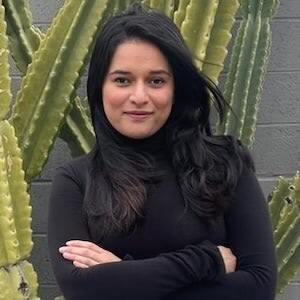- Undergraduate
Bachelor's Degrees
Bachelor of ArtsBachelor of EngineeringDual-Degree ProgramUndergraduate AdmissionsUndergraduate Experience
- Graduate
Graduate Experience
- Research
- Entrepreneurship
- Community
- About
-
Search
All Thayer Events
Special Seminar: Rapid and Equitable Transport Decarbonization in the Age of Electrification
May
22
Wednesday
3:30pm - 4:30pm ET
Online
ZOOM LINK
Meeting ID: 995 9695 0090
Passcode: 153207
Decarbonizing transportation, a major source of greenhouse gas emissions and air pollution, depends on the widespread adoption of clean technologies like electric vehicles. Pollution from conventional vehicles, both old and new, continues to burden racial and ethnic minorities disproportionately due to the design of our built environment. Electric vehicles can substantially reduce these disparities. Although electric vehicles don't have tailpipe emissions, their air emissions depend on power plants that service the charging demand. Another alternative is efficient conventional vehicles that meet the strictest air pollution standards.
Using spatially explicit vehicle emissions, air quality modeling, and current power sector characterization, I compared the climate and health consequences of various electric vehicle models to the best-in-class conventional vehicles. I then identified 50 power plants with the highest sulfur dioxide emissions that should be prioritized for retirement or carbon capture and storage to maximize the health benefits of transport electrification.
Finally, in California, I find that retiring and replacing vehicles above 15 years, which contribute to the majority of vehicular air pollution, can substantially reduce cumulative climate and health damages along with achieving the state's climate goals.
About the Speaker(s)
Madalsa Singh
PhD Candidate, Dept of Energy Science and Engineering, Stanford

Madalsa Singh is a PhD candidate in the Department of Energy Science and Engineering at Stanford University. Her research is at the intersection of transportation and electricity systems, with a focus on developing place-based, equitable, and cost-effective decarbonization solutions. She previously received a master's in energy science, technology, and policy from Carnegie Mellon University and a bachelor's from the Indian Institute of Technology Bombay.
Contact
For more information, contact Ashley Parker at ashley.l.parker@dartmouth.edu.
